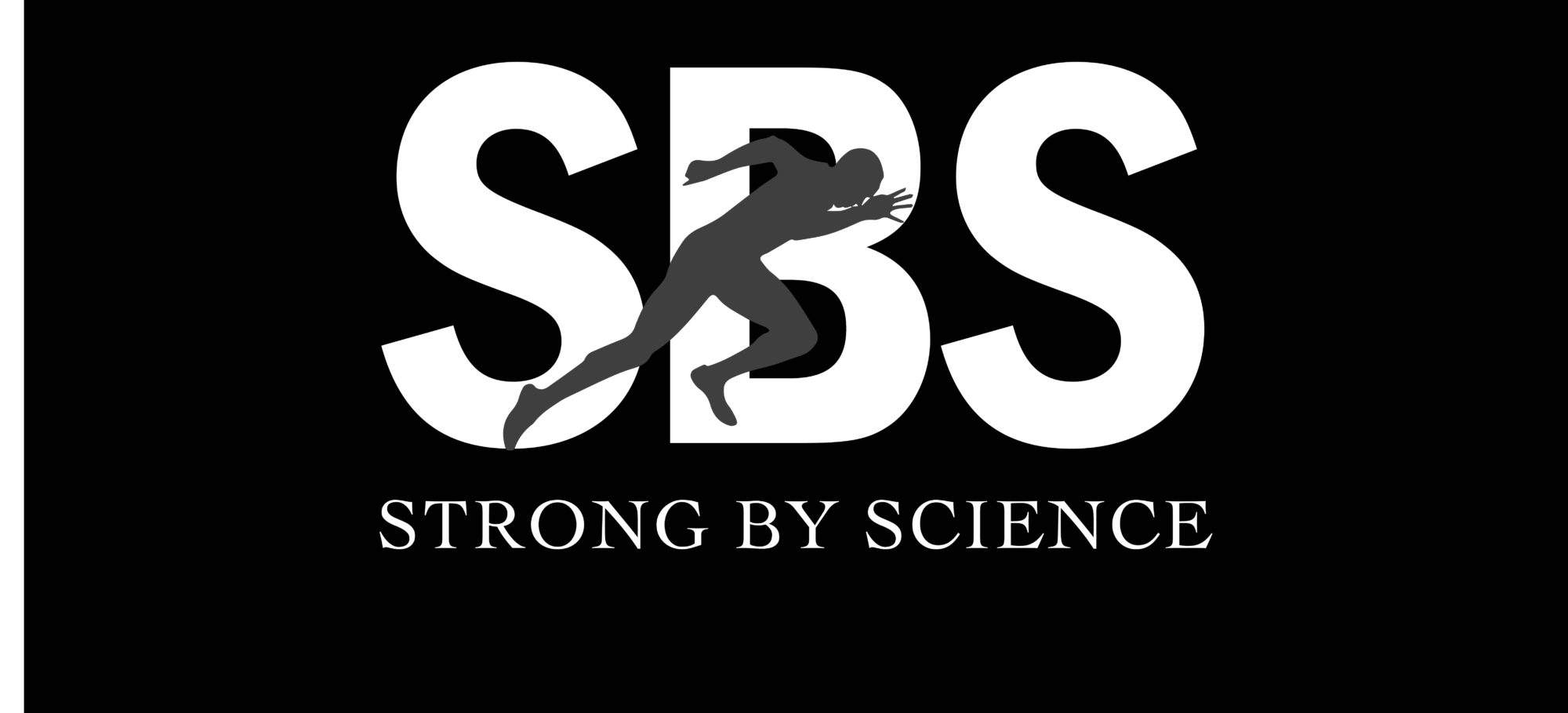In the court of law, the defendant is innocent until proven guilty. However, is the same way we should think when getting advice from others? Should we assume people are right until proven otherwise? Or should we think they are wrong until they can provide evidence in support of their claims?

Innocent until proven guilty
If we take the innocent until proven guilty route, we are going to come across some major issues. It is nearly impossible to definitively prove someone is incorrect (without reasonable doubt) when talking about a dynamic system, such as the human body.

For example, if someone were to go out and say “Eating bananas makes you jump higher”, are they correct until proven wrong? If so, how do we prove them wrong and is it even possible?
Lets stick with the above banana example. How do we prove the statement above incorrect? Well, the issue with the human body is that unlike most physical entities, we cannot actually open it up and observe the processes inside of it, which means we are going to have think of another way.
So, lets takeaway bananas and see if this person’s athletes still jump as high. For 6 weeks you takeaway the bananas and now you come back and measure their vertical jumps and find out that they have actually reduced! Bananas must make you jump higher…

But, what if the only form of carbohydrate those athletes ate were in the form of bananas. Now, without bananas the athletes glycogen stores decrease, they no longer have energy to train hard, they go into a caloric deficit, they start breaking down more protein for fuel (their muscles) and now they have actually lost muscle mass and decreased their vertical jump. So, did the bananas actually make them jump high? No. The proper amount of macronutrients allowed them to train properly and the bananas were merely a means to provide adequate nutrition. Now, we could continue down this sort of illogical cycle forever with this kind of thinking. However, what if we held the person’s statement above as guilty until proven innocent?

Guilty until proven innocent
Lets assume the same “eating bananas make you jump higher” is being touted again. Now, instead of immediately buying into this individual’s claim, we ask for evidence before we can accept it (guilty until proven innocent). But, what is good enough evidence?
There are two simple forms of evidence and both should be met:
- The claim needs to be backed by some sort of scientific research or theory (makes scientific sense based on what we understand)
- The claim needs to show results
So, the above banana claim might have results (people jumping higher), but when you dive into the research and theory you come across the fact that it isn’t bananas doing the trick, it’s the proper nutrition affecting performance. With this sort of logic we can get down to the core concepts of ideas and force people to provide educated justifications for their methodologies and practices.
Conclusion
Unlike the court of law, we might need to hold people’s concepts and ideas guilty until proven innocent. This doesn’t mean don’t believe anything, it simply means people should be providing educated justifications for what they do. If they cannot support their training concepts, then how can you possibly say what they are doing is correct?
Reference links
- Image 1 https://kylerye.com/2014/08/04/guilty-until-proven-innocent/
- Image 2 https://psysc613.wikispaces.com/Dynamic+Systems+Theory
- Image 3 https://i.ytimg.com/vi/rzQAC8kPJxo/maxresdefault.jpg Youtube:https://www.youtube.com/watch?v=rzQAC8kPJxo
- Image 4: https://saltmarshrunning.com/2014/09/10/why-runners-love-bananas/
